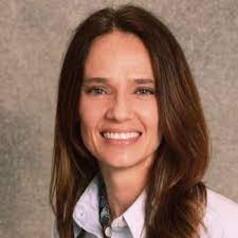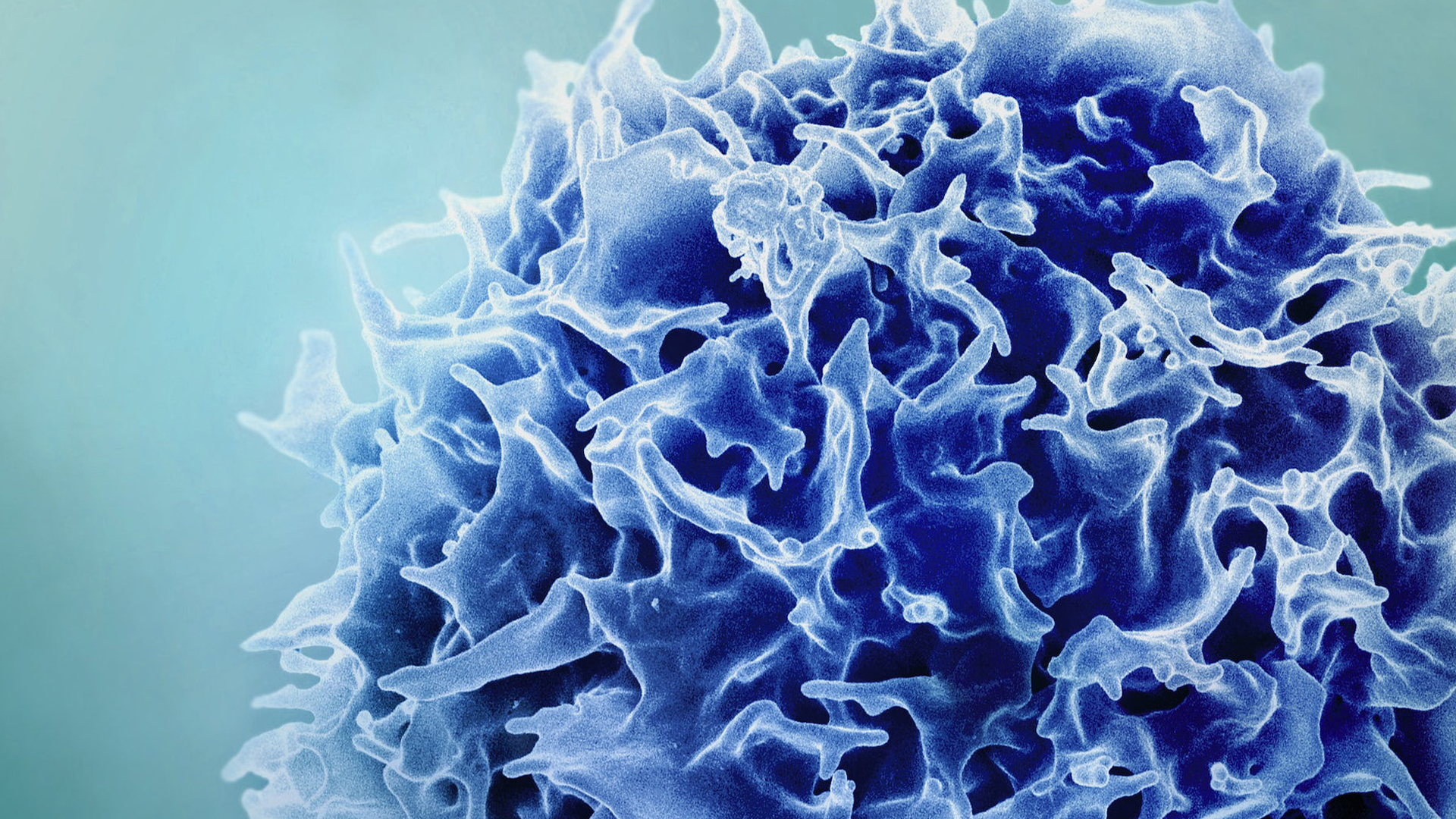
Aimee Pugh Bernard
Dr. Aimee Pugh Bernard has a broad background in cellular immunology and molecular biology, with specific expertise in human immunology, having attained her PhD in the developmental regulation of human B cells and the autoimmune disorder Systemic Lupus Erythematosus (SLE). As a graduate student in immunology, Aimee studied the developmental regulation of VH4.34-expressing B cells as an experimental system for the study of human B cell tolerance. Her studies revealed that mechanisms of cellular regulation during development are impaired in patients with SLE leading to a breach in self-tolerance. As a post-doctoral fellow at National Jewish Health, her research focused on the phenotypic characterization of anergic human B cells via the analysis of basal calcium levels and the ability to flux calcium after stimulation. As a post-doctoral fellow at the Barbara Davis Center, her work revealed that Nkx2.2 is required in the differentiation of pancreatic beta cells and that insulin- and ghrelin-producing cells may share a common progenitor.
Aimee is an Assistant Professor in the Department of Immunology and Microbiology at the University of Colorado Anschutz medical campus (CU AMC) and is actively involved in the CU School of Medicine (CUSOM) Trek curriculum reform, serving as the immunology content director. Aimee also teaches immunology within the medical school, graduate school, dental school, and the Child Health Advocate / Physician Assistant (CHA/PA) program on the Anschutz medical campus. At the start of the pandemic, Aimee helped to develop and run three courses for second, third and fourth year medical students that focused on the SARS-CoV-2 and COVID-19.
Aimee is dedicated to science communication and frequently delivers seminars and interactive sessions on immunology, vaccines, and science to a variety of audiences within the general public.
As a faculty mentor, she guides an amazing group of volunteer graduate students from all across campus to run a non-profit, after-school science program — Think Like a Scientist — at elementary schools throughout the Aurora and Denver communities.
In her role as the Assistant Director for the CU School of Medicine Dean's Office Human Immunology and Immunotherapy Initiative (HI3) Aimee has utilized her experience as an immunologist with expertise in human B cell development and autoimmunity, her skills as an educator and communicator of science, and her organizational and program building skills to coordinate the development of the research and clinical infrastructure necessary to create an all-inclusive, premier facility for the discovery and use of human immunotherapies for the treatment of cancer and autoimmune diseases.
Sign up for the Live Science daily newsletter now
Get the world’s most fascinating discoveries delivered straight to your inbox.

